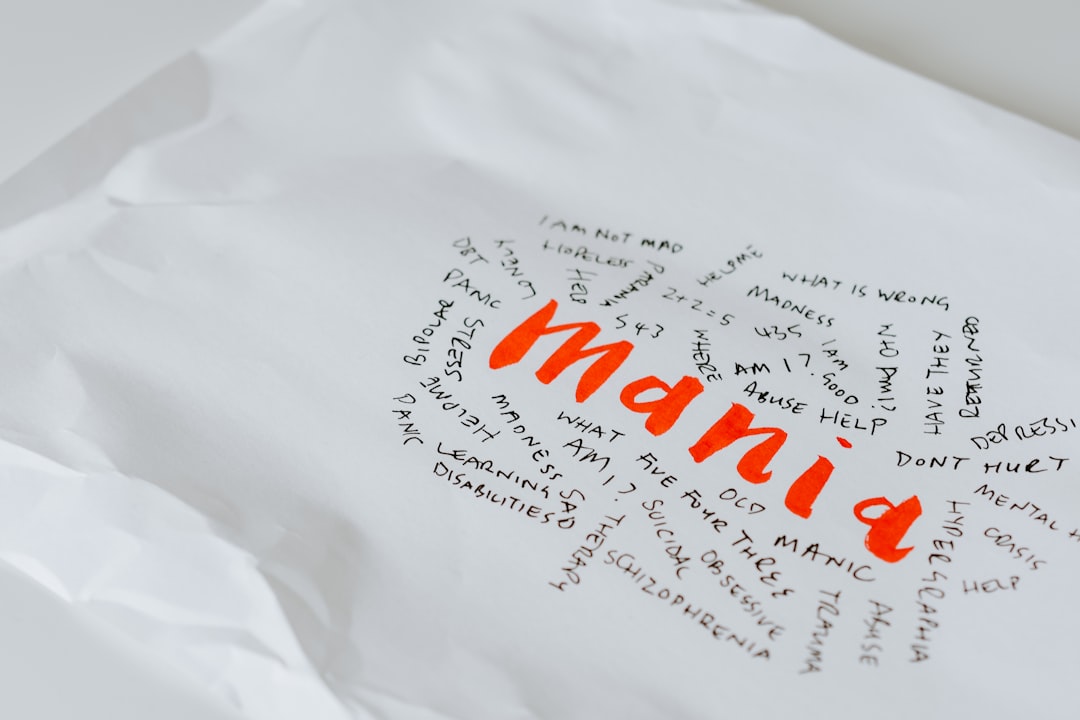What is it about?
In the present study, we investigated the role of an inconspicuous, yet ever-present social cue - response timing, in personality inferences. Specifically, we found that individuals providing an immediate response (vs. after a slight pause) to a question are perceived as more extraverted, because response delays are seen as signs of nervousness and passivity, and hence introversion. We also found that the extraversion judgements from response timing could affect important social decision making.
Featured Image

Photo by Bewakoof.com Official on Unsplash
Why is it important?
People often make judgements of other people, and do so using subtle non-verbal cues. This could insidiously affect outcomes such as dating success, job attainment, and courtroom verdicts. Findings of the present study are the first to show that the subtle cue of response timing in everyday conversations can lead to observers forming impressions of the responder's traits - extraversion in particular. Specifically, people who are faster to begin responding to questions are judged as more extraverted. This phenomenon emerged across multiple scenarios from casual chit-chat to job interviews, and for face-to-face, phone, and online interactions. The effect of response timing was so potent that it permeated to responders’ job interview success – candidates are more likely to be hired for job types congruent with their level of extraversion as inferred from their response timing to interview questions. That is, faster responders are more likely to be seen as more extraverted and in turn more likely to be hired for social jobs such as salesperson positions while delayed responders are more likely to be seen as more introverted and hired for solitary jobs such as admin positions. Given how controllable response timing is, our findings suggest that people may be able to harness it in various social settings as part of their impression management efforts.
Perspectives
There are many cues that we rely on when making various judgements about other people during social interactions, such as how someone looks, sounds, acts, dresses, and smells. Unsurprisingly, such cues do not always reflect what we think they reflect, and this could lead to misunderstandings, and potential ripple effects such as misunderstandings ruining a first date, or a misjudgment resulting in an undeserving courtroom sentence. The present study is one of a series of my studies investigating how certain social/conversational cues could affect the ways in which people are perceived, and the contextual factors that people should be mindful of in order to avoid premature judgments. I believe such works are not only theoretically interesting, but could help reduce interpersonal misunderstandings and foster social harmony by cultivating greater levels of interpersonal awareness in the impression management and impression formation processes. Author contact details: adam.wang@jcu.edu.au
Deming (Adam) Wang
James Cook University
Read the Original
This page is a summary of: Faster responders are perceived as more extraverted., Journal of Experimental Psychology General, June 2022, American Psychological Association (APA),
DOI: 10.1037/xge0001254.
You can read the full text:
Resources
Contributors
The following have contributed to this page










